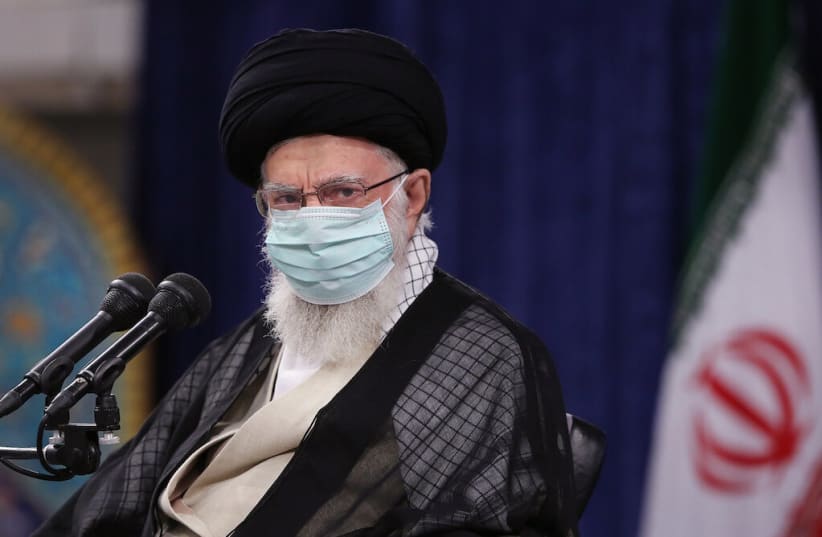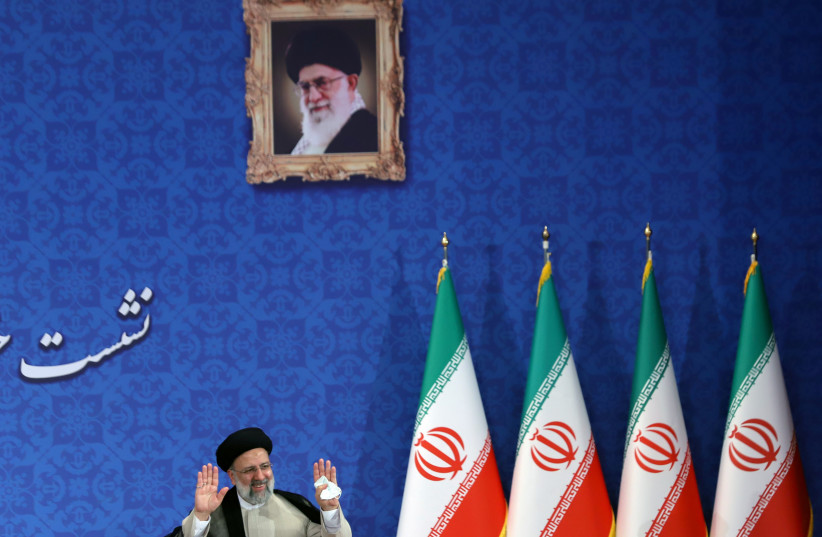Iran appears non-plussed over reports about the recent deaths of two members of its Islamic Revolutionary Guard Corps. Iran’s Tasnim news lashed out at The New York Times and Iran International TV in reports about the deaths, accusing these two outlets of spreading “false” information.
Yet Iran’s media also admitted that the foreign reports were based on an unnamed Iranian official. It noted that this official had said that the two men who died were working on “building and developing weapons for Hezbollah in Lebanon.”
Iran’s point in complaining about the two men is that now it must feel that it is on the back foot regarding reports of “assassinations.” The report says that “this form of storytelling and the publication of false and undocumented data has become one of the current trends in the media opposed to the Islamic Republic of Iran in recent years.” Iran’s argument is that foreign media is now pushing stories that make the regime appear weak.
Accusations begin
Tehran accused the Times of publishing information regarding one Iranian being poisoned, asserting that the claim is based on an anonymous Iranian source. It also says there is no evidence of “assassination.” Iran is obviously feeling the heat from these reports, otherwise government-linked media like Tasnim wouldn’t work so hard to slam the reports.
“According to Tasnim, in recent months, some Western media, especially Persian-language media, have been trying to portray any incident inside Iran as a security issue in a joint psychological operation, in which the Zionists are playing a more prominent role,” the report says.
Iran now understands the importance of the information war, and that regardless of how the two men were killed, what matters is perception. The regime is concerned about the reports, maybe even more than the actual loss of key IRGC personnel. It also now knows that its statements are being monitored.
The recent reports about the deaths of several key IRGC personnel are based on Iranian information. Iran’s regime has admitted the deaths. It doesn’t dispute that the men died, just how they were killed: whether the circumstances are natural or mysterious, or if the men were “martyrs.”
Iran is now paying close attention to foreign reports and is concerned about Western legacy media reporting about its failure to protect key IRGC figures.

